HSBC 2002 Annual Report Download - page 137
Download and view the complete annual report
Please find page 137 of the 2002 HSBC annual report below. You can navigate through the pages in the report by either clicking on the pages listed below, or by using the keyword search tool below to find specific information within the annual report.-
 1
1 -
 2
2 -
 3
3 -
 4
4 -
 5
5 -
 6
6 -
 7
7 -
 8
8 -
 9
9 -
 10
10 -
 11
11 -
 12
12 -
 13
13 -
 14
14 -
 15
15 -
 16
16 -
 17
17 -
 18
18 -
 19
19 -
 20
20 -
 21
21 -
 22
22 -
 23
23 -
 24
24 -
 25
25 -
 26
26 -
 27
27 -
 28
28 -
 29
29 -
 30
30 -
 31
31 -
 32
32 -
 33
33 -
 34
34 -
 35
35 -
 36
36 -
 37
37 -
 38
38 -
 39
39 -
 40
40 -
 41
41 -
 42
42 -
 43
43 -
 44
44 -
 45
45 -
 46
46 -
 47
47 -
 48
48 -
 49
49 -
 50
50 -
 51
51 -
 52
52 -
 53
53 -
 54
54 -
 55
55 -
 56
56 -
 57
57 -
 58
58 -
 59
59 -
 60
60 -
 61
61 -
 62
62 -
 63
63 -
 64
64 -
 65
65 -
 66
66 -
 67
67 -
 68
68 -
 69
69 -
 70
70 -
 71
71 -
 72
72 -
 73
73 -
 74
74 -
 75
75 -
 76
76 -
 77
77 -
 78
78 -
 79
79 -
 80
80 -
 81
81 -
 82
82 -
 83
83 -
 84
84 -
 85
85 -
 86
86 -
 87
87 -
 88
88 -
 89
89 -
 90
90 -
 91
91 -
 92
92 -
 93
93 -
 94
94 -
 95
95 -
 96
96 -
 97
97 -
 98
98 -
 99
99 -
 100
100 -
 101
101 -
 102
102 -
 103
103 -
 104
104 -
 105
105 -
 106
106 -
 107
107 -
 108
108 -
 109
109 -
 110
110 -
 111
111 -
 112
112 -
 113
113 -
 114
114 -
 115
115 -
 116
116 -
 117
117 -
 118
118 -
 119
119 -
 120
120 -
 121
121 -
 122
122 -
 123
123 -
 124
124 -
 125
125 -
 126
126 -
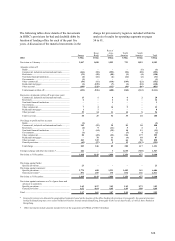 127
127 -
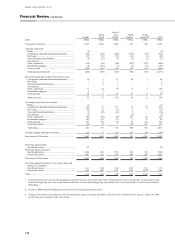 128
128 -
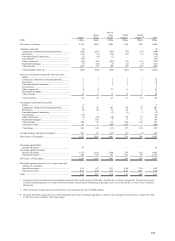 129
129 -
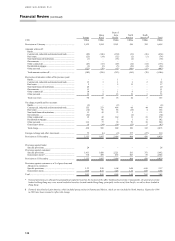 130
130 -
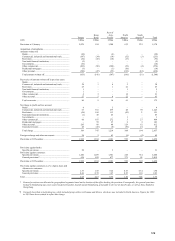 131
131 -
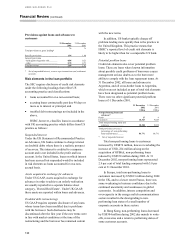 132
132 -
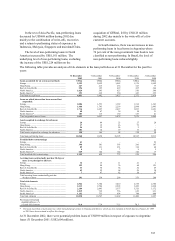 133
133 -
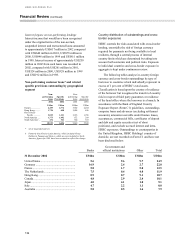 134
134 -
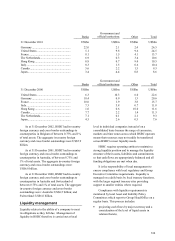 135
135 -
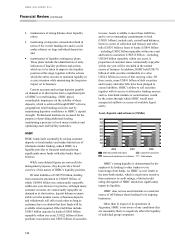 136
136 -
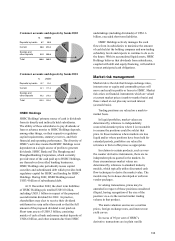 137
137 -
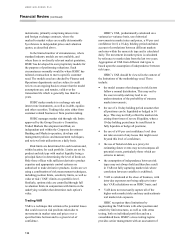 138
138 -
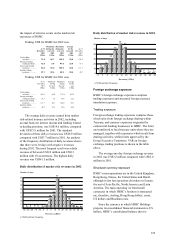 139
139 -
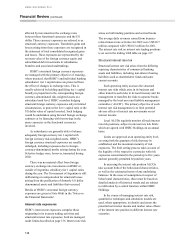 140
140 -
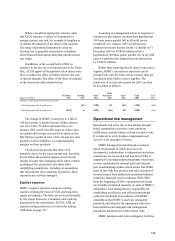 141
141 -
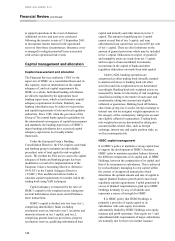 142
142 -
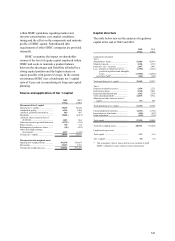 143
143 -
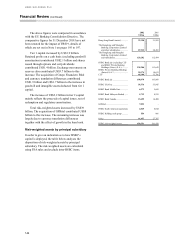 144
144 -
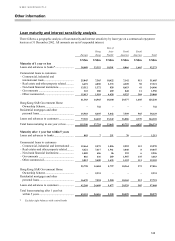 145
145 -
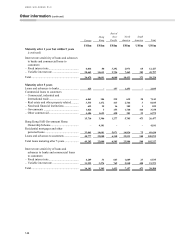 146
146 -
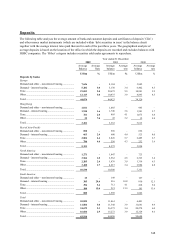 147
147 -
 148
148 -
 149
149 -
 150
150 -
 151
151 -
 152
152 -
 153
153 -
 154
154 -
 155
155 -
 156
156 -
 157
157 -
 158
158 -
 159
159 -
 160
160 -
 161
161 -
 162
162 -
 163
163 -
 164
164 -
 165
165 -
 166
166 -
 167
167 -
 168
168 -
 169
169 -
 170
170 -
 171
171 -
 172
172 -
 173
173 -
 174
174 -
 175
175 -
 176
176 -
 177
177 -
 178
178 -
 179
179 -
 180
180 -
 181
181 -
 182
182 -
 183
183 -
 184
184 -
 185
185 -
 186
186 -
 187
187 -
 188
188 -
 189
189 -
 190
190 -
 191
191 -
 192
192 -
 193
193 -
 194
194 -
 195
195 -
 196
196 -
 197
197 -
 198
198 -
 199
199 -
 200
200 -
 201
201 -
 202
202 -
 203
203 -
 204
204 -
 205
205 -
 206
206 -
 207
207 -
 208
208 -
 209
209 -
 210
210 -
 211
211 -
 212
212 -
 213
213 -
 214
214 -
 215
215 -
 216
216 -
 217
217 -
 218
218 -
 219
219 -
 220
220 -
 221
221 -
 222
222 -
 223
223 -
 224
224 -
 225
225 -
 226
226 -
 227
227 -
 228
228 -
 229
229 -
 230
230 -
 231
231 -
 232
232 -
 233
233 -
 234
234 -
 235
235 -
 236
236 -
 237
237 -
 238
238 -
 239
239 -
 240
240 -
 241
241 -
 242
242 -
 243
243 -
 244
244 -
 245
245 -
 246
246 -
 247
247 -
 248
248 -
 249
249 -
 250
250 -
 251
251 -
 252
252 -
 253
253 -
 254
254 -
 255
255 -
 256
256 -
 257
257 -
 258
258 -
 259
259 -
 260
260 -
 261
261 -
 262
262 -
 263
263 -
 264
264 -
 265
265 -
 266
266 -
 267
267 -
 268
268 -
 269
269 -
 270
270 -
 271
271 -
 272
272 -
 273
273 -
 274
274 -
 275
275 -
 276
276 -
 277
277 -
 278
278 -
 279
279 -
 280
280 -
 281
281 -
 282
282 -
 283
283 -
 284
284 -
 285
285 -
 286
286 -
 287
287 -
 288
288 -
 289
289 -
 290
290 -
 291
291 -
 292
292 -
 293
293 -
 294
294 -
 295
295 -
 296
296 -
 297
297 -
 298
298 -
 299
299 -
 300
300 -
 301
301 -
 302
302 -
 303
303 -
 304
304 -
 305
305 -
 306
306 -
 307
307 -
 308
308 -
 309
309 -
 310
310 -
 311
311 -
 312
312 -
 313
313 -
 314
314 -
 315
315 -
 316
316 -
 317
317 -
 318
318 -
 319
319 -
 320
320 -
 321
321 -
 322
322 -
 323
323 -
 324
324 -
 325
325 -
 326
326 -
 327
327 -
 328
328 -
 329
329
 |
 |
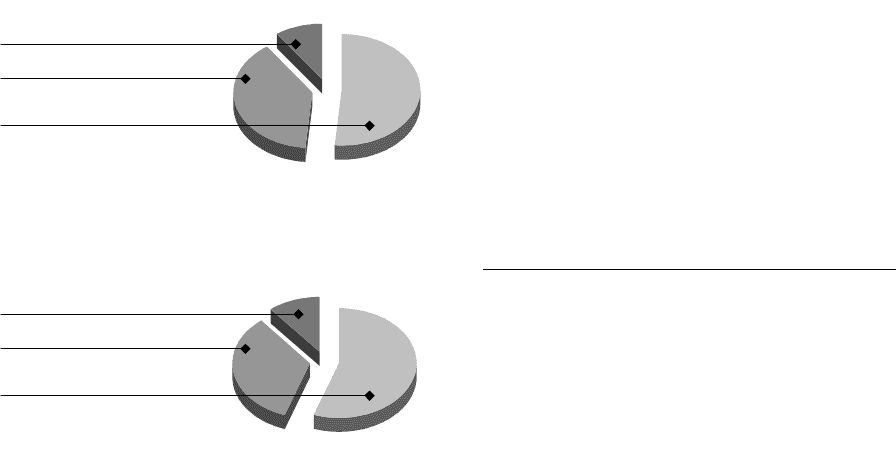
135
Customer accounts and deposits by banks 2002
% US$bn
Deposits by banks 9.7 52.9
Current 38.8 213.0
Savings and
other deposits 51.5 282.4
Total 100.0 548.3
Customer accounts and deposits by banks 2001
% US$bn
Deposits by banks 10.7 53.6
Current 34.1 171.8
Savings and
other deposits 55.2 278.2
Total 100.0 . 503.6
HSBC Holdings
HSBC Holdings' primary source of cash is dividends
from its directly and indirectly held subsidiaries.
The ability of these subsidiaries to pay dividends or
loan or advance monies to HSBC Holdings depends,
among other things, on their respective regulatory
capital requirements, statutory reserves, and their
financial and operating performance. The diversity of
HSBC’s activities means that HSBC Holdings is not
dependent on a single source of profits to generate
dividends. HSBC Bank and The Hongkong and
Shanghai Banking Corporation, which currently
provide most of the cash paid up to HSBC Holdings,
are themselves diversified banking businesses.
HSBC Holdings also periodically issues capital
securities and subordinated debt which provides both
regulatory capital for HSBC and funding for HSBC
Holdings. During 2002, HSBC Holdings issued
US$3.4 billion of subordinated debt.
At 31 December 2002, the short term liabilities
of HSBC Holdings plc totalled US$5.0 billion,
including US$3.1 billion in respect of the proposed
second interim dividend for 2002. In practice,
shareholders may elect to receive their dividend
entitlement in scrip rather than cash so that the full
amount of the proposed dividend is not paid out.
Short term assets of US$9.3 billion, consisting
mainly of cash at bank and money market deposits of
US$6.6 billion, and other amounts due from HSBC
undertakings (including dividends) of US$1.6
billion, exceeded short term liabilities.
HSBC Holdings actively manages the cash
flows from its subsidiaries to maximise the amount
of cash held at the holding company and non-trading
subsidiary levels and expects to continue to do so in
the future. With its accumulated liquid assets, HSBC
Holdings believes that dividends from subsidiaries,
coupled with debt and equity financing, will enable it
to meet anticipated cash obligations.
Market risk management
Market risk is the risk that foreign exchange rates,
interest rates or equity and commodity prices will
move and result in profits or losses to HSBC. Market
risk arises on financial instruments which are valued
at current market prices (mark-to-market basis) and
those valued at cost plus any accrued interest
(accruals basis).
Trading positions are valued on a mark-to-
market basis.
In liquid portfolios, market values are
determined by reference to independently
sourced mid-market prices where it is reasonable
to assume the positions could be sold at that
price. In those instances where markets are less
liquid and/or where positions have been held for
extended periods, portfolios are valued by
reference to bid or offer prices as appropriate.
In relation to certain products, such as over-
the counter derivative instruments, there are no
independent prices quoted in the markets. In
these circumstances market values are
determined by reference to standard industry
models, which typically utilise discounted cash
flow techniques to derive the market value. The
models may be in-house developed or software
vendor packages.
In valuing transactions, prices may be
amended in respect of those positions considered
illiquid, having recognition of the size of the
position vis-a-vis the normal market trading
volume in that product.
The main valuation sources are securities
prices, foreign exchange rates, and interest rate
yield curves.
In excess of 95 per cent of HSBC’s
derivative transactions are in plain vanilla
